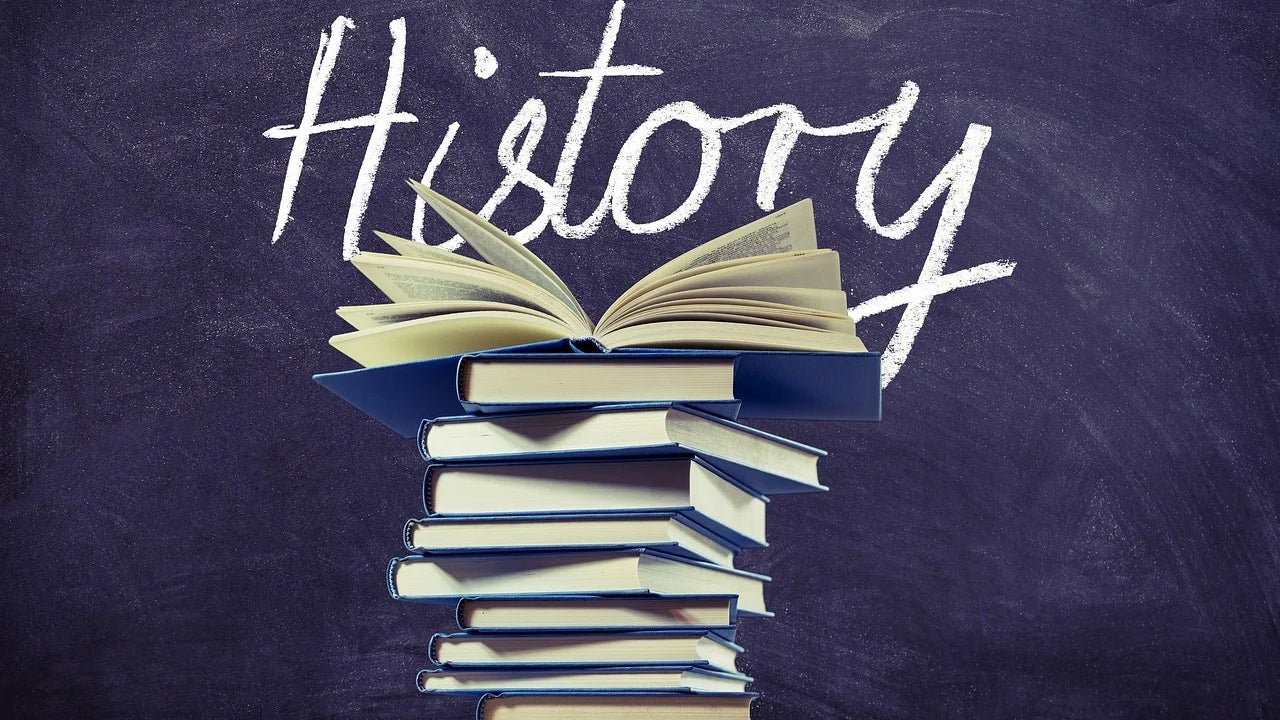History will prove you right
Published 9:00 am Thursday, March 10, 2022
“We learn from history that we do not learn from history.” — German philosopher Georg Wilhelm Friedrich Hegel
“For my part, I consider that it will be found much better by all Parties to leave the past to history, especially as I propose to write that history myself.” — Sir Winston Churchill, in a 1948 speech in the House of Commons
“Those who do not learn History are doomed to repeat it.” — my high school history teacher
All three of these men were correct. Hegel asserted that history is very clear on the fact that we do not generally learn from our mistakes as the human species. We repeat them over and over. We don’t learn from our ancestors’ errors — we must touch the fire ourselves to find out it is hot and hurts. But we don’t even learn from our own personal errors.
If you have read the Old Testament, it’s clear to see in the story of the Israelites. God makes a covenant of love and protection; the Israelites obey for a while; then they disobey; God punishes/corrects them; they repent; God offers a new covenant and off they go again on the merry-go-round.
Churchill’s statement — which is often misquoted as “History will be kind to me, for I intend to write it” — belied his intent to pen his own biographical history as well as that of the English nation. No doubt, his works are somewhat biased.
And for those who failed his class, my teacher was correct, as well.
Nothing we learn is learned in a vacuum. It is all cumulative. We add knowledge to whatever knowledge we have already attained. What I learn today is added to what I have learned over the course of my lifetime.
This type of learning is very beneficial for us, because we build on concepts, theories and practical application. A doctor studying a new disease does not have to repeat basic anatomy and physiology in order to address the virility of the disease. He or she begins with what they know to be true and goes from there. An underwater welder has no need to return to basic bead-running before fixing a potential problem on a water dam, even if he or she does need to learn a new technique or approach to the issue.
So why is it so difficult for us to build on what we have learned in the past about conflicts, challenges or things we know are verboten? Conflict requires a cool-headed approach and response, based on fact over feeling. Challenges require creative approaches, proper assessment and decisive actions. Forbidden things and actions are just as forbidden today as they were yesterday. An opportunity to have an affair today, or take money that doesn’t belong to you, or behave in an inappropriate manner toward someone else (in person or anonymously online) is just as wrong today as it was yesterday. The morality of something does not change because our feelings or perceptions may.
Act in a way that circumstances require.
A drowning child requires immediate response. A angry word directed unfairly at you may require a moment to pause and think before you respond.
We all have our opinions. I am of firm belief that in a room of 10 people, there are at least 12 conflicting opinions on a given subject. Two of them are probably my own.
Some of us are quick to anger and some of us dare not speak up no matter what. Both are improper or inadequate. Wisdom requires we find a midpoint where we speak and act decisively, in truth and love, with a clear conscience and spirit — all at the right time. We can learn this from our history, individually and collectively.
Operate from a starting point of absolute truth rather than opinion, and keep your aim there. History will prove that you have made the right choice. Even if no one else learns from it.
News editor Brett Campbell can be reached at brett.campbell@dailyleader.com.






